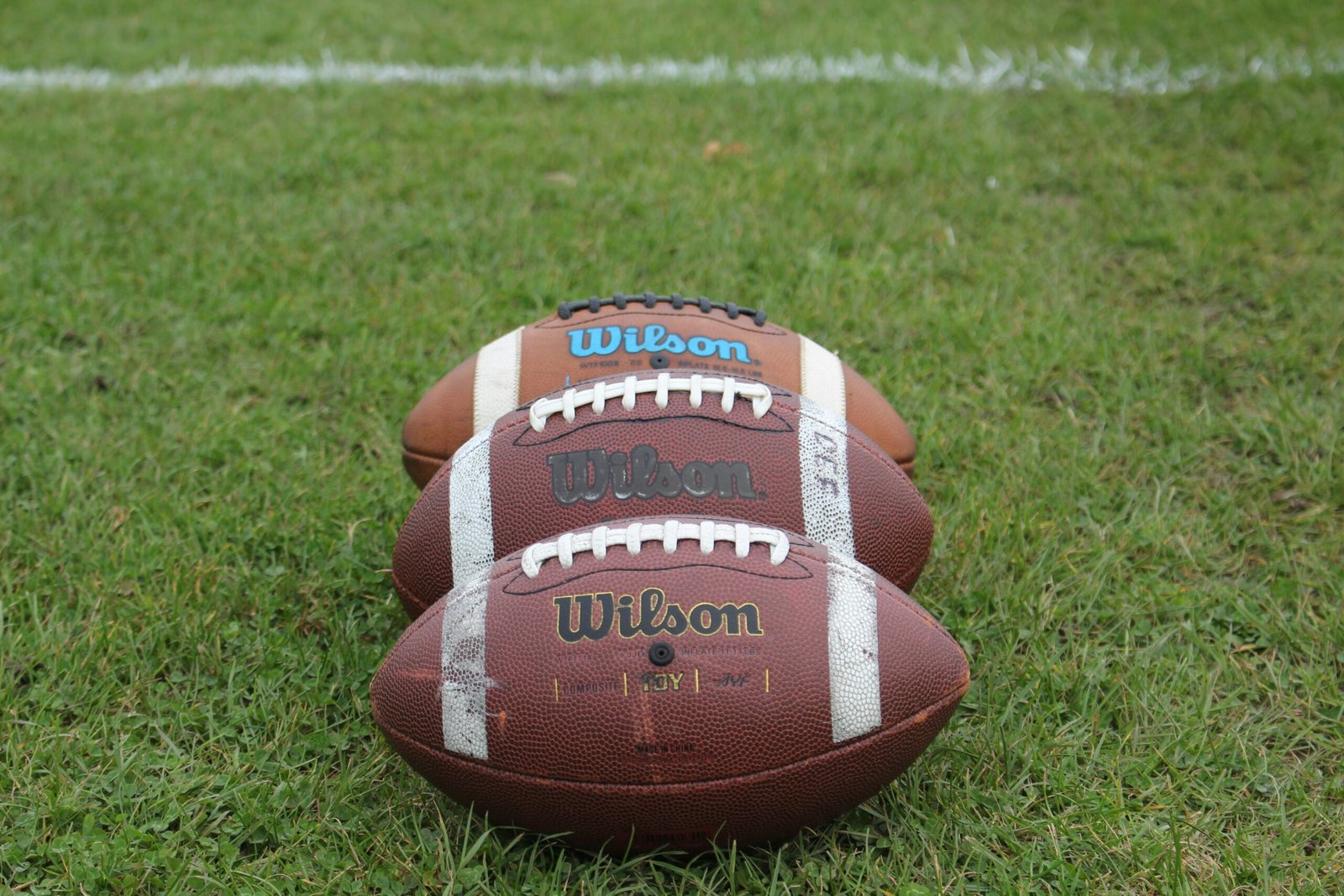Football is more than just a sport; it’s a powerful tool for personal development and growth. Beyond its sheer entertainment value, football teaches life skills that extend far beyond the field. This article will explore the critical skills players develop while playing football, diving into themes like motivation, teamwork, fitness, leadership, and more. By the end, you’ll see how football equips players with valuable tools for success in life.
Motivation: The Driving Force Behind Success
Football instills a strong sense of motivation, an essential trait for achieving goals both on and off the field. The sport demands perseverance, discipline, and the ability to bounce back from setbacks. Here’s how:
- Setting Goals: Football players often work towards specific objectives, whether it’s mastering a skill, winning a game, or excelling in a tournament. These goals cultivate a results-driven mindset.
- Overcoming Challenges: From enduring grueling practice sessions to recovering from injuries, football teaches players to embrace challenges with determination.
- Building Resilience: Facing losses and learning from mistakes on the pitch fosters emotional resilience that helps players overcome adversity in other areas of life.
Teamwork: The Heart of Football
At its core, football is a team sport. Every successful team thrives on collaboration, trust, and unity. Playing football helps players develop:
- Communication Skills: Effective communication is crucial for success on the pitch. Players learn to convey strategies, offer support, and provide constructive feedback.
- Trust and Dependability: Teammates rely on each other to fulfill their roles. This sense of trust strengthens the bond between players and teaches accountability.
- Problem-Solving: Football demands quick decision-making and strategy adaptation, fostering collaborative problem-solving skills.
Fitness: Building a Strong Foundation
Football is a physically demanding sport that contributes significantly to overall fitness. Players improve in various aspects of physical health, including:
Cardiovascular Endurance
The constant running, sprinting, and movement during a football match improve cardiovascular health, enhancing stamina and reducing the risk of heart-related illnesses.
Muscle Strength and Flexibility
Football works multiple muscle groups, particularly in the legs, core, and arms. The movements involved in kicking, tackling, and jumping build strength while promoting flexibility through dynamic stretches.
Coordination and Balance
The sport demands precise footwork, quick turns, and controlled movements, which enhance overall balance and coordination.
Agility and Reflexes
Quick reflexes are essential for players to react to sudden changes in gameplay, and football drills significantly improve these skills.
Leadership: Taking Charge on and off the Field
Football provides ample opportunities for players to develop leadership qualities. Whether you’re the captain of a team or leading a specific play, the sport encourages:
- Decision-Making: Players are often required to make split-second decisions, a skill that translates well to other leadership scenarios.
- Encouraging Others: Effective leaders know how to inspire and motivate their team, fostering a positive environment.
- Accountability: Leaders must take responsibility for their actions, both during games and in their personal conduct.
Discipline: A Pillar of Success
Discipline is a cornerstone of football, cultivated through rigorous training routines, adherence to game rules, and commitment to personal growth. Players learn:
- Time Management: Balancing practice sessions, games, and personal life teaches effective time management skills.
- Self-Control: Emotional regulation during intense matches ensures players stay focused and composed.
- Consistency: Regular practice and dedication to improvement help players achieve their goals.
Problem-Solving and Strategic Thinking
Football sharpens the mind as much as the body. Strategic thinking is a crucial part of the game, helping players:
- Analyze Opponents: Players learn to assess the strengths and weaknesses of their competition.
- Adapt Tactics: Adjusting strategies mid-game to counter opponents’ moves is a vital skill in football.
- Think Under Pressure: High-pressure situations on the field encourage quick, logical thinking and decision-making.
Social Skills and Relationship Building
Football offers an excellent platform for social interaction, teaching players how to build and maintain relationships:
- Networking: Being part of a team introduces players to a diverse group of people, expanding their social network.
- Conflict Resolution: Disputes can arise in competitive environments, and football teaches players to handle disagreements constructively.
- Empathy and Understanding: Working closely with teammates fosters empathy and a deeper understanding of different perspectives.
The Role of Football in Shaping the Future
Football is not just about the present; it’s also about preparing players for a better future. The skills acquired through the sport have long-term benefits:
- Career Opportunities: From professional sports to coaching and sports management, football opens various career pathways.
- Life Lessons: The discipline, teamwork, and leadership learned on the field shape individuals into responsible and motivated adults.
- Building Confidence: Regular participation in competitive sports boosts self-esteem and confidence, valuable in all areas of life.
Conclusion: Football as a Life-Changing Experience
Football is much more than a game; it’s a transformative journey that teaches invaluable life skills. From motivation and fitness to leadership and strategic thinking, the sport equips players with tools to succeed in every aspect of their lives.




